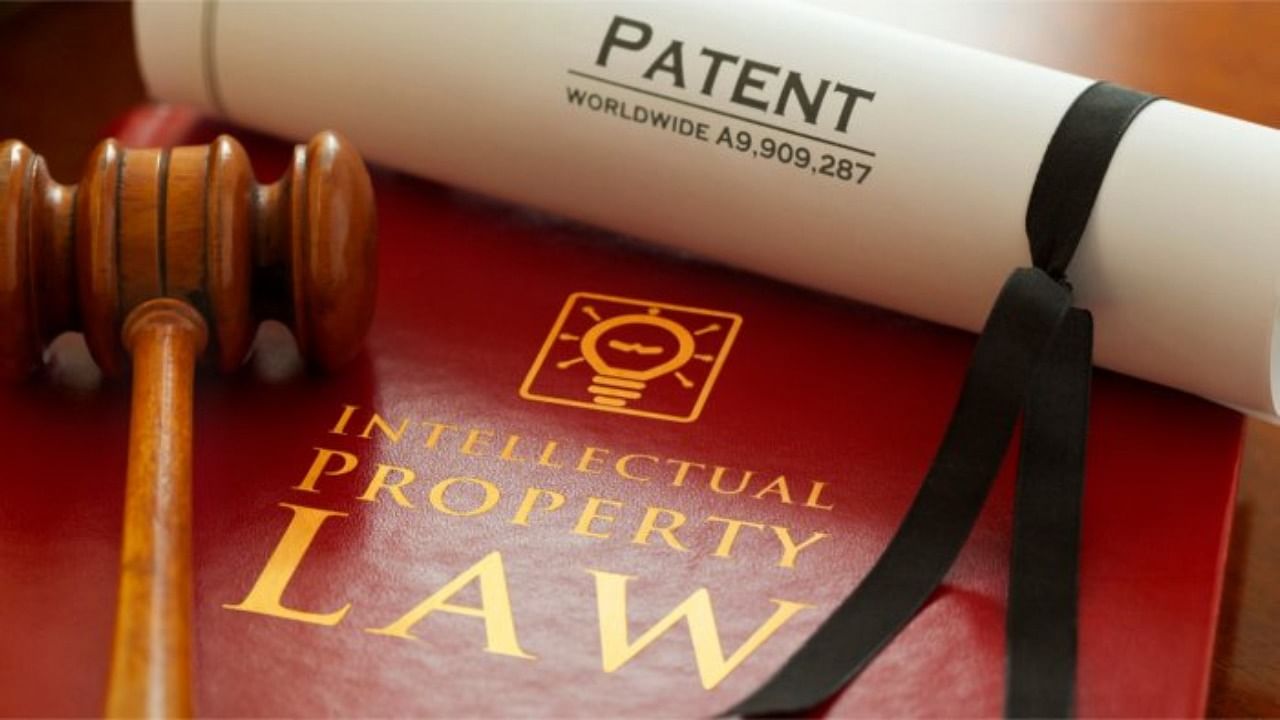
Increasing number of Indian residents are now applying for patents as against the multi-national companies (MNC) despite the odds like low expenditure on research and development (R&D), procedural delays and complexities, inadequate patent examiners and the absence of timelines for decision making points out the Economic Survey 2021-22 released on Monday.
According to the Survey, the number of patents application are increasingly coming from Indian residents rather than MNCs.
The share of Indian residents in total applications has increased from 20 per cent in 2010-11 to around 30 per cent in 2016-17 and 40 per cent in 2020-21.
Consequently, India's ranking in Global Innovation Index has climbed 35 ranks, from 81st in 2015-16 to 46th in 2021.
This is a remarkable progress, but the number of patents granted in India is still a fraction compared to patents granted in China, USA, Japan, and Korea.
According to World Intellectual Property Organisation (WIPO), the number of patents granted in China, the US, Japan, Korea stood at 5.30 lakh, 3.52 lakh, 1.79 lakh, 1.35 lakh respectively for 2020.
On the other hand, the number of patents granted in India was 28,391 during 2020-21, the Survey said.
The number of patents filed in India has gone up from 39,400 in 2010-11 to 45,444 in 2016-17 to 58,502 in 2020-21 and the patents granted in India has gone up from 7,509 to 9,847 to 28,391 during the same time period.
The Economic Survey point that India's low expenditure on R&D activities, which was 0.7 per cent of its GDP in 2020 is one the reasons for low number of patent filings.
That apart, the procedural delays and complexities involved - the average pendency for final decision in acquiring patents in India is 42 months as of 2020.
This is much higher than 20.8, 20, 15.8 and 15 months respectively for USA, China, Korea and Japan.
According to the Survey, the number of patent examiners in India in 2020 were 615 as opposed to 13,704 in China, 8,132 in the US and 1,666 in Japan.
This leads to huge delay in receiving First Examination Report (FER) delaying the whole process, the Economic Survey said.